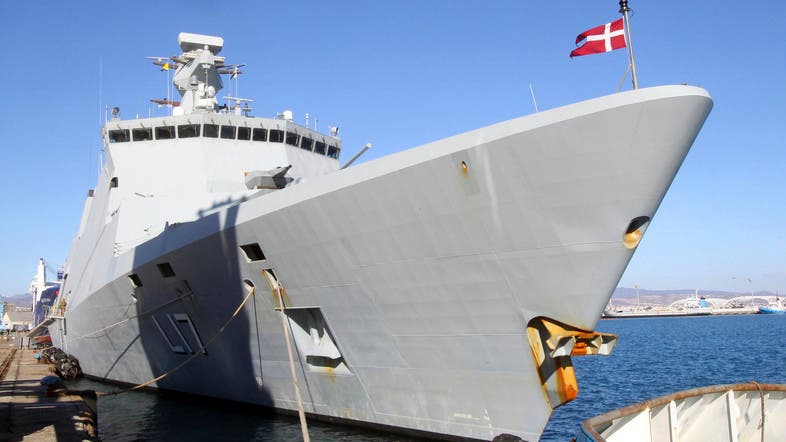The United
States said on Thursday expressed concern at Syrian government’s slow efforts
to transport chemical weapons to the port of Latakia after a report said that
less than 5 percent of the arsenal had been delivered and that work to destroy
the weapons has fallen behind schedule.
“I do not know what the Syrian government's motives
are -- if this is incompetence -- or why they are behind in delivering these
materials,” Defense Secretary Chuck Hagel told reporters in the Polish capital,
adding “they need to fix this.”
Meanwhile, White House spokesman Jay Carney told
reporters traveling aboard Air Force One: “It is the Assad regime's
responsibility to transport those chemicals to facilitate removal. We expect
them to meet their obligation to do so.”
Under a timeline drawn up last year, the most toxic
chemicals in Syria's 1,300-metric-ton stockpile were to have been removed from
the country by Dec. 31, but that deadline was missed due to poor security in
war-torn Syria and other factors.
So far, just two small consignments of chemicals have
been shipped out. One of the shipments came after Uzumcu's note was written,
Associated Press reported.
Uzumcu said in the note that Syria had informed him of
“certain security threats,” but insists it is committed to removing the
chemicals “as soon as possible.” He did not elaborate on the nature of the
threats.
An American ship, the MV Cape Ray, is on its way to
the Mediterranean Sea to pick up the most toxic chemicals in Syria's stockpile,
including mustard gas and raw materials for making sarin nerve agent.
The Cape Ray is equipped with two machines called
Field Deployable Hydrolysis Systems that will mix the Syrian chemicals with
water and a cocktail of other chemicals in a titanium reactor to render them
inert.

A Danish frigate, which is part of a joint Danish-Norwegian task force that will assist in overseeing the transportation of lethal chemical agents out of Syria, docks at Limassol port, Dec.14, 2013. (Reuters)
Danish and Norwegian cargo ships are picking up the
Syrian chemicals from Latakia port and will transfer them to the Cape Ray in
the Italian port of Gioia Tauro.
The OPCW is examining tenders from 14 private
commercial chemical destruction companies bidding to eliminate less-toxic
Syrian chemicals and waste generated by the Cape Ray. Germany also has said it
will incinerate 370 tons of waste created when the Cape Ray neutralizes Syrian
mustard gas.
But while the OPCW's preparations continue, the
success of the mission is now largely dependent on Syria getting its chemicals
to Latakia in the midst of a devastating civil war now in its third year.















Comments About This Article
Please fill the fields below.